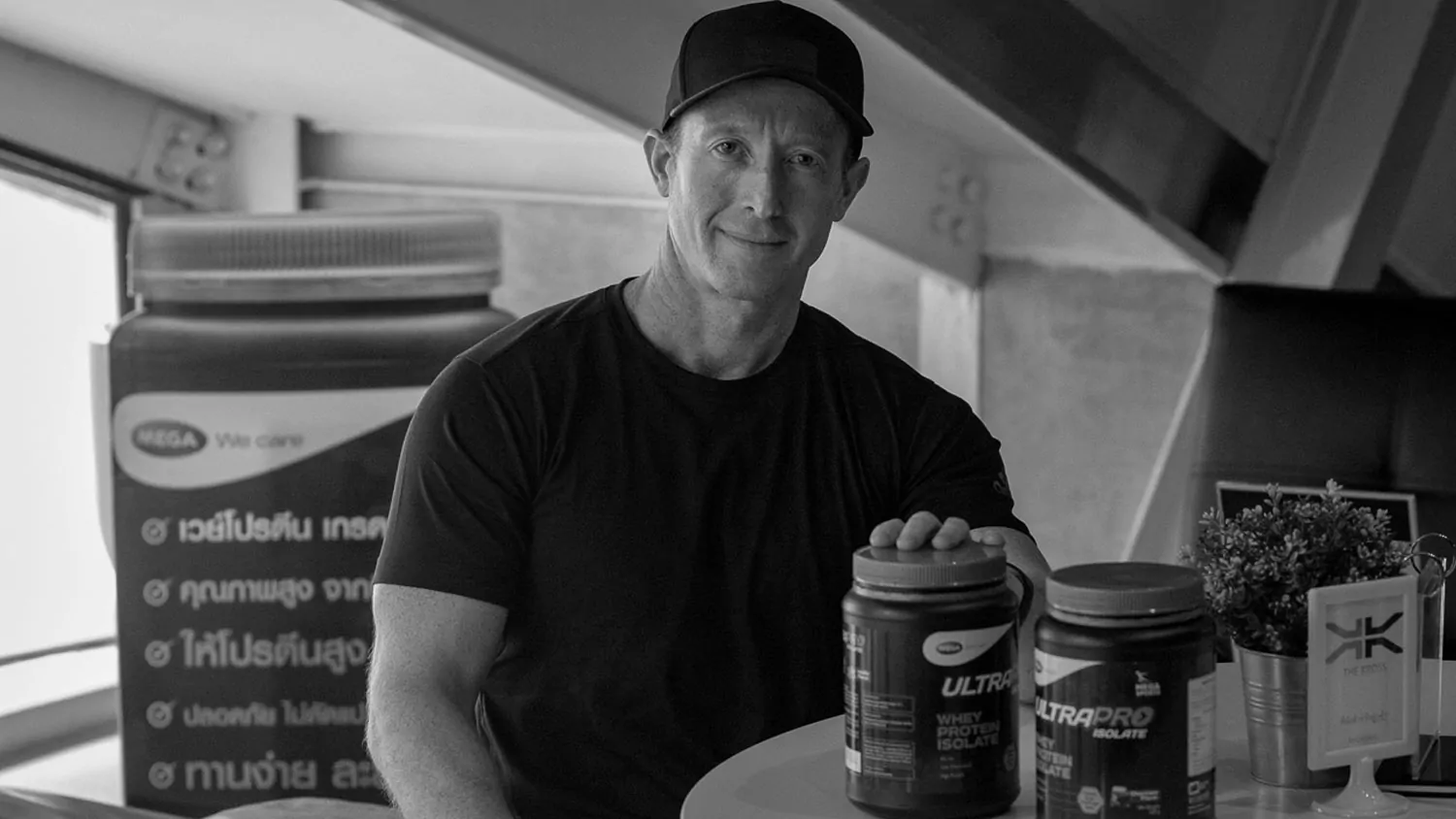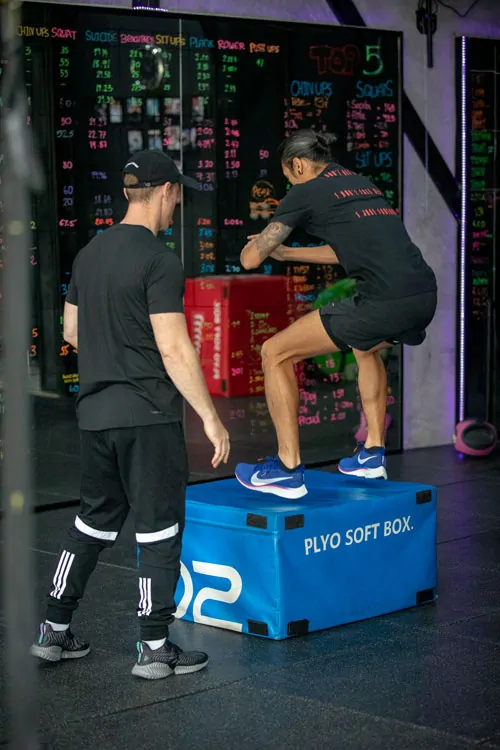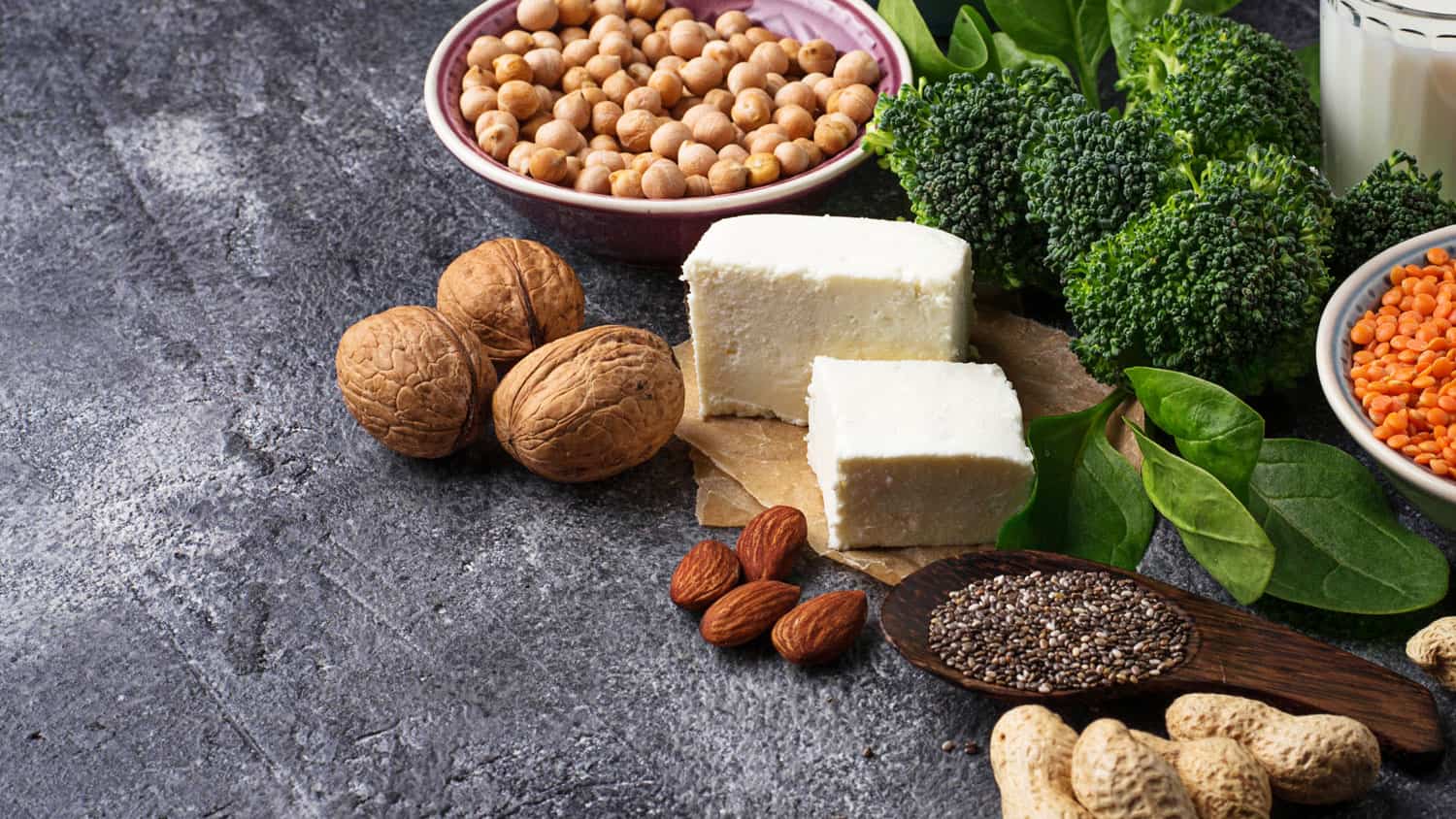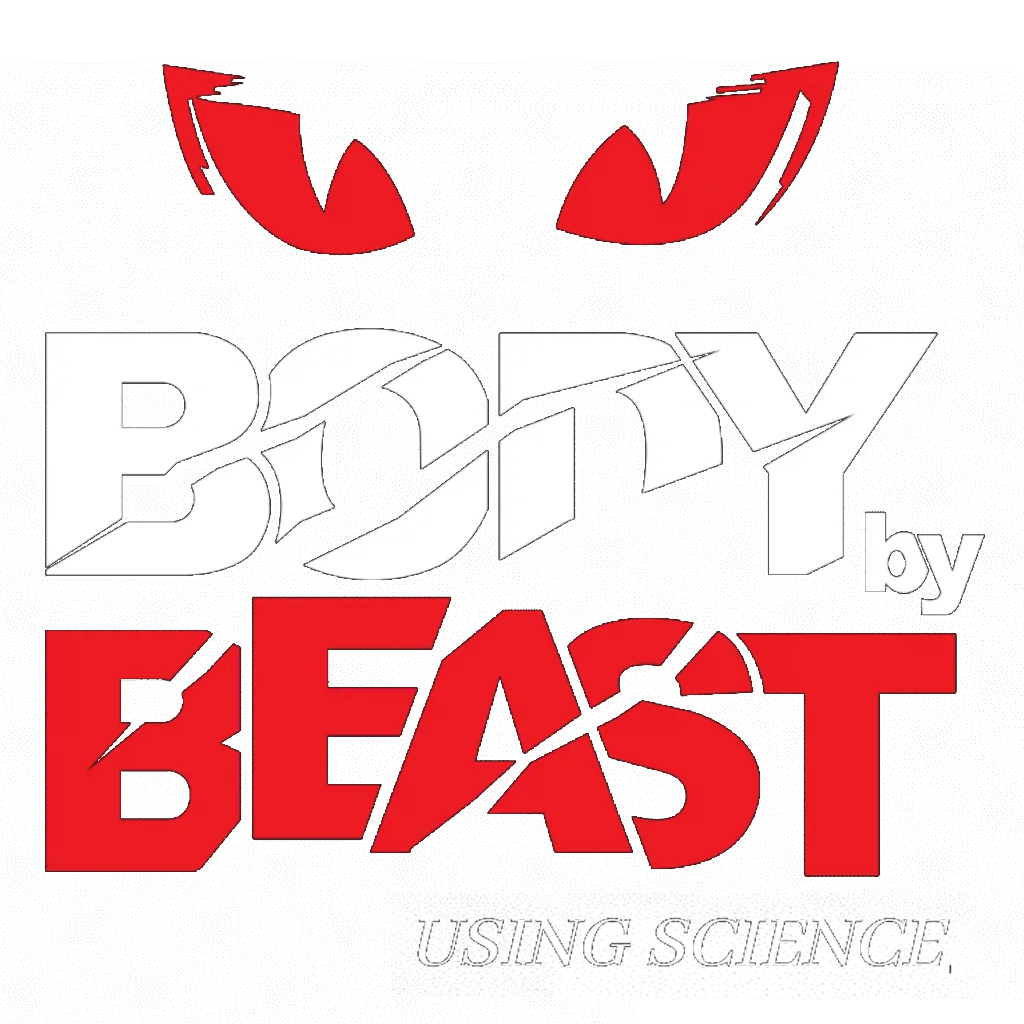Nutrition Coaching Bangkok
With The Body By Beast Method (BBBM)

Most people who engage a fitness coach, or personal trainer, do so because they want to get a better, more attractive body shape. This means reducing fat levels, which requires exercise AND eating a healthy, well-balanced diet.
It is simply not possible to exercise away a bad diet!

The diet versus exercise debate (i.e. which activity is more important for weight [fat] loss) has sometimes included the argument that when initially starting out to lose weight, dietary intake will have a bigger impact that exercise for your weight loss. This view came about because many of the studies, in this area, only take into account the calories burned during exercise and not the increase in metabolic rate that comes about having done a workout at any time during the day. For example, after High Intensity Interval Training (HIIT), the post-exercise, metabolic rate may be higher than normal for up to 24-hours – so it’s not simply the 500 – 800 Calories that you might burn in a one-hour workout, but that your energy expenditure is higher than normal all day. Some very interesting research has been circulated recently, which adds to the diet vs. exercise debate. Published in the Journal of Obesity (1), the study found that “physical activity does more to maintain substantial weight loss than diet”. In practical terms, this means that it is especially important to incorporate exercise into a weight loss regime once you have started to lose weight. This is because, when you lose weight, your metabolic rate will fall – so it is vital to build muscle and increase cell activity through planned exercise.
The Body By Beast Method (BBBM) regards both diet and exercise to be of equal importance in losing weight.
The importance of healthy nutrition as part of your fitness training regime, extends far beyond weight loss. A balanced and training-specific diet will:
- Help reduce the risk of cancer – where added fiber in the diet moderates the likelihood of colorectal and liver cancer (2), particularly when combined with exercise.
- Improve heart health and prevent strokes – particularly when you reduce dietary animal fat and stay clear of trans-fatty acids, which are liquid fats that have been hydrogenated (chemically altered) to become solid (3).
- Give a legal athletic advantage in high-intensity endurance events – by making sure you take in sufficient fluids to stay hydrated, and carbohydrate to keep from going hypoglycemic (4).
- Help in recovery from fitness training – where protein helps to synthesize new satellite cells, which are used to repair the damaged muscle fibers. Some recent research even suggests that an effective nutritional strategy to increase daily protein synthesis is to take it prior to sleep, especially for older adults in recovery from illness (5).
- Assist in managing diabetes, together with exercise (6) – taking in foods with a low glycemic index and thereby avoiding sudden increases spikes blood sugar, and associated insulin release.
- Support the development of strong bones (7) – by ensuring ample intake of Calcium and vitamin-D (sometimes through sunlight synthesis and not always from the diet)
- Improved brain function, mood, memory and sleep (8) – for example, from the dietary amino-acid tryptophan, which forms serotonin and melatonin and can be found in spinach, nuts & seeds and soy products.
- Promote gut health and effective digestion (9) – through the consumption of fermented products that contain good bacteria (probiotics) – including: kimchi, fermented vegetables, yoghurt, kefir and kombucha. Plus non-digestible carbohydrates (prebiotics) – including: Jerusalem artichokes, psyllium husk (an amazing food supplement!), bananas and asparagus.
Why is Nutrition Coaching Important?
Nutritional coaching will support you to develop greater motivation and help acquire the essential tools to determine your own goals and empower you to eat better.
- Knowledge – our evidence-based nutrition coaching will help you to understand the essentials of nutrition, and to sort out the science from the fads and fake news. You will acquire the knowledge to ensure that the eating habits you develop are beneficial, and that you will be able to live with these healthy behaviors now and forever!
- Accountability – as part of your program, your coach will help you make the right choices. It does not mean you cannot enjoy the amazing tastes and gastronomic experiences that Bangkok has to offer, the aim will be to follow the best nutrition advice most of the time.
- Reassurance – as with anything in life, you may not see results immediately; but if you are consistent, committed and review your nutrition program often with your coach, then you will see results. Our coaches will encourage your commitment to a lifestyle change that you can continue forever; not simply a diet that you follow for a few months or years.
Is Nutrition Coaching part of the Personal Training Program?
Yes… Knowing in depth what you are eating (and drinking) is extremely valuable to help you reach your potential. In order to understand your dietary habit our coaches will want you to keep a food diary so that both of you can easily see the immediate opportunities for improvements in your diet.

What makes a good health coaching plan?
It’s important for your nutrition coaching plan to be personalized specifically for you, and to continue to pursue ways to get that extra benefit from the nutrition you are consuming.
- Individualization – although there is clear scientific research covering all aspects of healthy eating, the program you develop with your coach will be very much personalized for your outcomes. For example, someone who is overweight and trying to lose body-fat is not going to have the same nutritional requirements as one of our guests training to run a marathon.
- Enquiry – like all your training, your dietary plan will need to be reviewed based on your outcomes; what is working for you and what is not. For example, some people prefer not to eat certain types of food, or have allergies that need to be considered.
Do I need to restrict my portions and count calories?
Yes! Your target in losing weight (fat) should target a deficit of food intake by 300 to 500 calories per day. However, you will also need to focus on the quality of what you eat as well as reducing your portion sizes. In addition, eat when you are hungry, eat slowly (10), chew every bite and engage mindfully (11) in the eating experience. Consume a diet of foods that are better for your body, fill your plate with vegetables, whole grains, healthy fats, nuts, seeds and legumes, and don’t include a lot of animal products or highly-processed foods that a farmer or gardener wouldn’t recognize. Eat foods that have a high nutrient density, eat less junk, and maintain skepticism for the latest miracle diet, be it keto, paleo or any other passing fad. If you cannot live for the rest of your life on the diet, then it should be thrown out; instead, adapt your dietary intake to be healthier so that you can live it into an old, old age.

Why are you offering this type of coaching?
Healthy nutrition is a key component in the development of your fitness and long-term quality of life.
What results can I expect?
You can expect to understand more about your body as a whole, and how your dietary habits will help or hinder you. While your results will depend on the rigorousness of how you apply your personalized nutritional advice, you will certainly see great benefit if you appreciate your nutrition habits as part of your fitness training program.
Further Reading and Resources
- https://onlinelibrary.wiley.com/doi/10.1002/oby.22373
- https://www.wcrf.org/sites/default/files/Colorectal-Cancer-2017-Report.pdf
- https://www.ncbi.nlm.nih.gov/pmc/articles/PMC5945285/
- https://www.ncbi.nlm.nih.gov/pmc/articles/PMC5794245/
- https://www.frontiersin.org/articles/10.3389/fnut.2019.00017/full#h8
- https://academic.oup.com/jn/article/141/6/1089/4688992
- https://www.ncbi.nlm.nih.gov/pmc/articles/PMC5804294/
- https://www.ncbi.nlm.nih.gov/pmc/articles/PMC6158605/
- https://www.ncbi.nlm.nih.gov/pmc/articles/PMC5622781/
- https://academic.oup.com/ajcn/article/100/1/123/4576445
